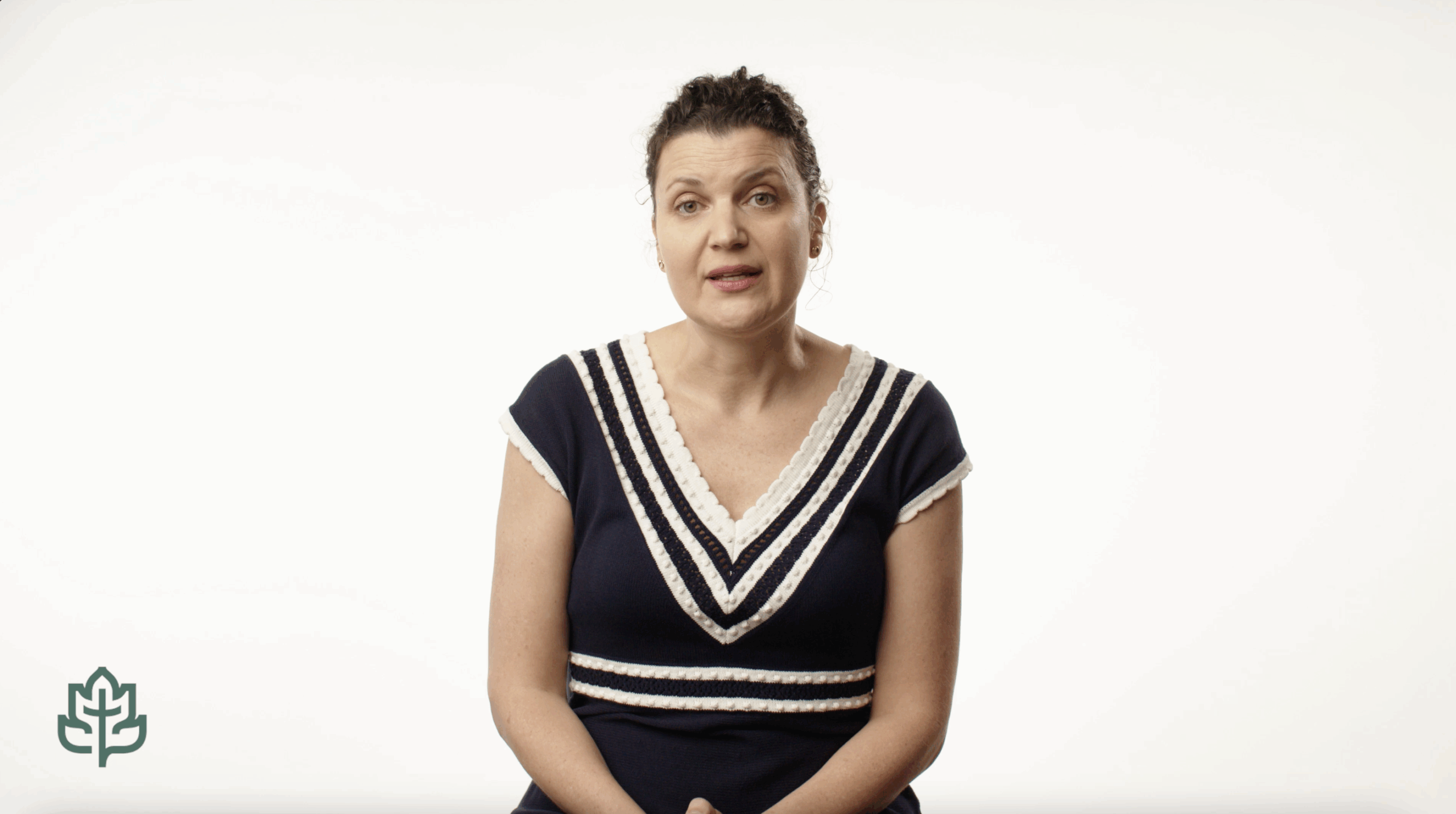Imagine that you ran into a friend and casually asked how they were doing. Imagine that friend gave an honest, one-word answer. Would you be surprised to hear
“busy” or
“tired” or
“drained” or
“overworked”?
I venture to say you would not be surprised to hear any one of those descriptions. Why? Because the pace of life, at least in the Western world, lends itself to these kinds of feelings and experiences. People keep busy. We know this and we do this. So it’s been interesting this year to reflect on the subject of rest in preparation for the 2024 CCEF National Conference. Indeed, one reason we chose this as a conference topic is because in this day and age, rest feels countercultural, counterintuitive even, to how we live. Yet we know rest is good. We know we need it. And so, it’s been helpful to consider, What does the Bible say about rest?
We will center our answer to that question using key passages from Genesis 2, Exodus 31, and Hebrews 3 that will then lead us to words spoken by Jesus in Matthew 11.
We encounter rest early in Genesis. After God finishes his creation, “he rested on the seventh day from all the work that he had done. So God blessed the seventh day and made it holy, because on it God rested from all his work that he had done in creation” (Gen 2:2–3). In so doing, God models his expectations for our practice of rest. In Exodus 31, he tells Moses to talk about the Sabbath with the people and instruct them to abide by this pattern: “Six days shall work be done, but the seventh day is a Sabbath of solemn rest, holy to the Lord” (Ex 31:15). What we are learning from these verses is that a day of rest is not only for us to seek physical rest. By sanctifying it, God connects our rest with worship.
On this point, James Boice succinctly writes, “God sets the Sabbath day apart to teach that we are to enter not only into rest but also into holiness.”1 Let’s reflect further on this. Because God connects rest and holiness, it helps Christians to think about rest in two important ways—physically and spiritually. We tend to put rest more squarely in the physical realm, but God puts both the physical and spiritual in our view. As we remember that what we do reflects what we value and love, it becomes a little easier to think of rest in both ways. In other words, the things that we do that lead to physical tiredness reflect what we love and value, and what we love and value reflects something of who we are and what we believe to be spiritually true. And while it’s good and right to work and to be busy carrying out the responsibilities God has entrusted to us, it’s also good and right to rest from our work and turn our hearts to him in an undistracted way. John Calvin put it this way:
By releasing us from all other business, [rest leads us] to more readily apply our minds to the creator of the world. In short, it is a sacred calling that snatches people from the world’s distraction in order to dedicate them entirely to God.2
A sacred calling. I like that. And it blesses me to remember who is calling me to it. It is God, of course. I like to think of Sabbath, therefore, as a loving, kind invitation from God in which he is calling me to himself. The world we live in is distracting. Worse, it’s a world in which evil is still at work, and the enemy of God’s people still prowls. But to invite us to a weekly, patterned Sabbath, God invites us to find our refuge and rest from a hard world in him. To see him as he is, to remember who he is, and to connect with him because he is our source of life. And we need to see. We need to remember. We need to connect—again and again. We know this, but we forget. And our forgetfulness reminds us of where we are in the unfolding of God’s story. We live during an age in which we see only in part and still contend with sin in our hearts. We are double-minded: we delight in the Lord truly—we want to come to him—yet sin rages in us continuously, and we forget about him (Rom 7:14–25).
But somehow our double-mindedness, and the fact that we daily encounter the evil that is close at hand (Rom 7:21), makes God’s invitation all the sweeter. As we respond to God’s invitation to holy rest, it helps us to endure this evil age. As we connect with the One who is truly good and superior over all evil, it strengthens us to reengage in our lives in truly productive ways. And as we connect to him, it also shapes our longing for a different kind of rest, one that the book of Hebrews talks about as the Sabbath rest that is to come for God’s people (Heb 4:10). This is an eternal rest, the kind that comes after all our toil and trouble has ended. The kind that comes after the final battle has been won.
Well, it sounds like a tall order to get that kind of rest. How can our toils end? How might our troubles cease? Who will win that final battle? These are high-stakes questions, so it’s unsurprising that the author of Hebrews quickly moves on to a lengthy reflection of the Lord Jesus (Heb 4:14–5:10).
The author considers Jesus, our great high priest, who sympathized completely with our weaknesses.
Jesus, who, tempted as we are, did not sin.
Jesus, who prepared a way for us to draw near to God’s throne and find mercy when we need it.
Jesus, who was subject to weakness himself, but deals gently with those who go astray.
Jesus, who offered himself as a sacrifice for the sins of the people.
Jesus, who learned obedience from what he suffered, and became the source of eternal salvation for all who obey him.
Jesus is how we will enter that eternal rest to come. He is the way. He has made open the way to rest by his death on the cross.
So perhaps we need to revise our question. Maybe it’s more fitting to expand it from, What does the Bible say about rest? to, What has God said, what has he done, and what has he promised as we consider what it means to rest?
And we find that he says he has an invitation for us. And the invitation is this: “Come to me” (Matt 11:28). Jesus said his yoke is easy. His burden is light. And it’s because of what he has done. He already wore the heavy yoke. He already carried the heavy burden. He wore it for you. He carried it for me. He did it so that our sins could be forgiven, in order to set apart a holy people for himself. And he promised that when we come to him, we will find all of this is true. We rest, and we are at rest with God, because sins are forgiven. Because, in him, we are being transformed into those holy people. In him, all of God’s promises are yes and amen (2 Cor 1:20). They’re true for you because Jesus was faithful on your behalf.
For anyone who hasn’t yet come to Jesus, know that the invitation remains. The invitation is for you.
May each of us come to the One who in his love and kindness bids us to come. To the One who has prepared the way for a kind of rest that will not end, but that finds us settled in him, for all of eternity. May we pursue and practice, even now, in a regular, patterned way, resting in him. And as we do, may we find the refuge we long for from the harshness of this life.
Are you busy? Tired? Drained? Overworked? I have good news. The God who created you and who created everything that exists is speaking. He is calling you to himself. Hear him say, “Come to me.”
•




